Selling size: Single Plant | Pot included | Free shipping
The Monstera Albo, a variegated form of the popular Monstera deliciosa, is prized for its striking green leaves splashed with white or cream.
| Watering | Only after Soil dries completely (don’t keep the soil wet for a long time). |
| Potting Mix | 35 % Potting Soil +40 % cocopit + 15 % Organic manure/Vermicompost + 5 % charcoal chips + 5 % perlite. |
| Light | Indoor in medium to high indirect light with Good natural Air Circulation / Ventilation. |
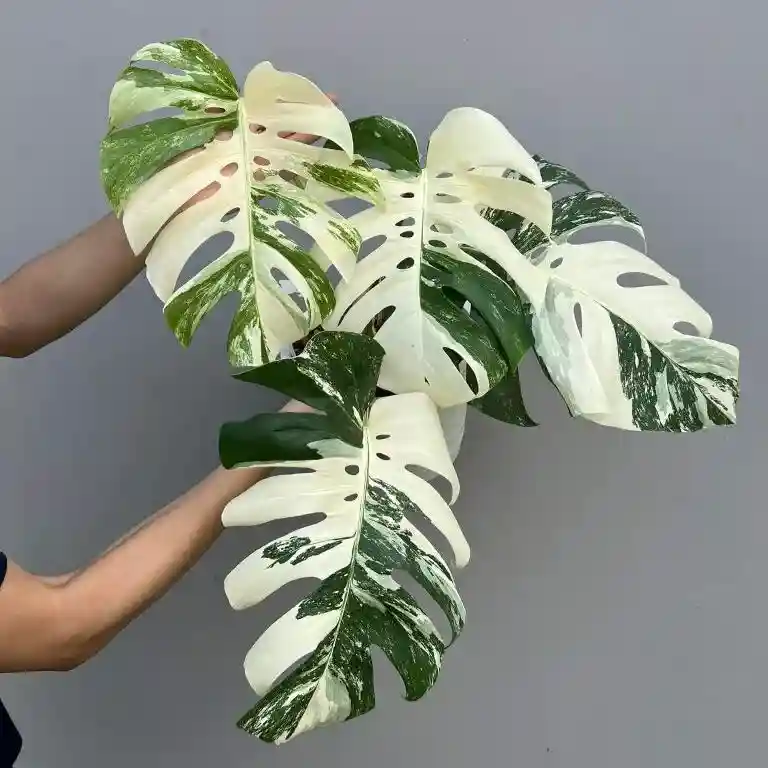
Here’s a guide to keeping your Monstera Albo thriving:
Light
- Bright, indirect light is essential to maintain the vibrant variegation. Aim for at least 6-7 hours of filtered light daily.
- Avoid direct sunlight, which can easily scorch the white parts of the leaves. East or west-facing windows with sheer curtains are ideal. A few hours of gentle morning sun can be beneficial.
- Insufficient light can cause the white variegation to fade or even disappear entirely as the plant tries to maximize chlorophyll production.
Watering
- Allow the top inch or two of soil to dry out between waterings. Insert your finger into the soil to check the moisture level.
- Water thoroughly until excess water drains from the pot’s drainage holes. Ensure you empty the saucer to prevent the plant from sitting in water, which can lead to root rot.
- Watering frequency will vary depending on the season, light levels, temperature, and humidity. You’ll likely water more often during the active growing season (spring and summer) and less in the fall and winter.
- Overwatering is a more common problem than underwatering and can lead to yellowing leaves, mushy stems, and root rot.
Humidity
- Monstera Albo thrives in high humidity, ideally above 60%.
- Increase humidity by:
- Misting the leaves regularly.
- Using a humidifier.
- Placing the pot on a pebble tray filled with water (ensure the bottom of the pot isn’t sitting directly in the water).
- Grouping plants together, as they naturally increase humidity around themselves.
- Brown, crispy leaf edges can be a sign of low humidity.
Temperature
- Maintain warm temperatures between 18-27°C (65-80°F).
- Avoid sudden temperature changes and cold drafts, which can stress the plant. Keep it away from air conditioning vents and drafty windows.
Soil
- Use a well-draining potting mix that retains some moisture. A mix containing peat moss, perlite, and orchid bark is often recommended. You can also use a commercial aroid mix.
- Good drainage is crucial to prevent waterlogging and root rot.
Fertilizer
- During the growing season (spring and summer), feed your Monstera Albo every 2-4 weeks with a balanced liquid houseplant fertilizer diluted to half strength.
- Variegated plants generally require less fertilizer than their fully green counterparts due to their slower growth rate.
- Avoid fertilizing during the fall and winter when the plant’s growth naturally slows down.
- Never fertilize dry soil, always water the plant first.
- Brown leaf tips or edges can indicate over-fertilization. If this occurs, flush the soil with plain water.
Support
- As a natural climber, Monstera Albo benefits from a moss pole or other support to encourage larger and more mature leaves.
- Secure the stems to the support as the plant grows.
Pruning
- Prune to control the plant’s size, encourage bushier growth, or remove any yellow, brown, or damaged leaves.
- Always use clean, sterilized pruning shears to prevent the spread of diseases.
- Pruning is best done during the growing season.
- Stem cuttings with at least one node can be used for propagation.
Repotting
- Repot every 2-3 years, or when the plant becomes root-bound (roots circling the inside of the pot).
- The best time to repot is during the spring or early summer.
- Choose a pot that is only slightly larger than the previous one and ensure it has drainage holes.
Propagation
- Monstera Albo is typically propagated from stem cuttings with at least one node.
- Water propagation is a common method: Place the cutting in water, ensuring the node is submerged, and roots should develop within a few weeks. Change the water regularly.
- Cuttings can also be rooted directly in moist, well-draining soil.
- Variegation cannot be guaranteed in propagated plants.
Common Issues
- Yellowing leaves: Can be caused by overwatering, underwatering, or nutrient deficiencies.
- Brown spots: May indicate sunburn or low humidity.
- Brown, crispy leaf tips: Often a sign of low humidity or over-fertilization.
- Root rot: Usually due to overwatering and poor drainage.
- Loss of variegation: Insufficient light is the most common cause.
- Pests: Watch out for common houseplant pests like spider mites, scale, mealybugs, and thrips. Inspect your plant regularly.
Toxicity
- Like other Monsteras, the Albo variety is toxic if ingested due to calcium oxalate crystals. Keep it out of reach of pets and children.
By providing the right conditions and attentive care, your Monstera Albo can be a stunning and rewarding addition to your indoor plant collection.
Only logged in customers who have purchased this product may leave a review.
You may also like…
-
Monstera Thai Constellation – Rare
Original price was: ₹3,500.00.₹1,499.00Current price is: ₹1,499.00.Add to cartSingle Plant | Pot Included | Free Shipping Monstera deliciosa ‘Thai Constellation’ is an impressive, easy-to-grow and generally low maintenance plant. This cultivar produces attractive variegated leaves marbled with splashes of creamy-yellow colouring. The pattern is in small sections scattered across the leaves, reminiscent of stars in a galaxy, hence the cosmic name. The cultivar …

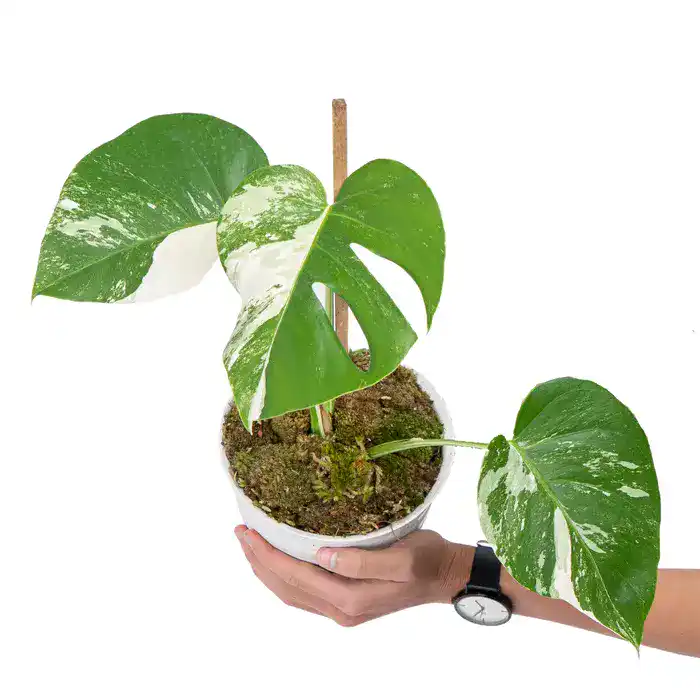
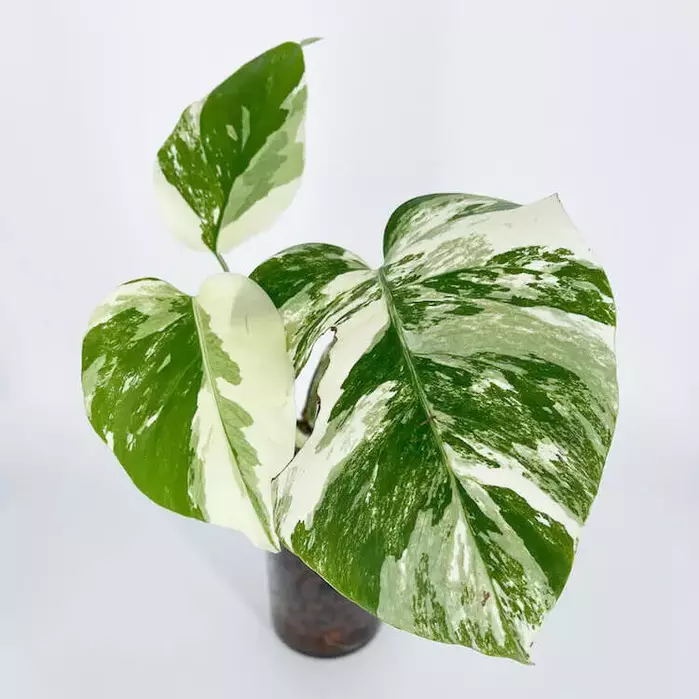
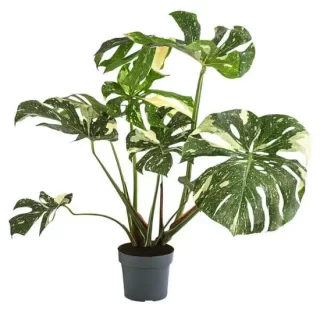
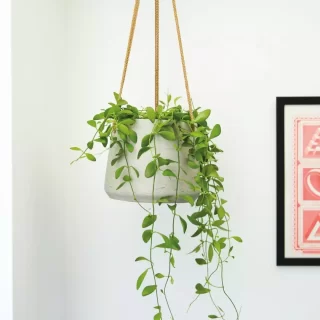
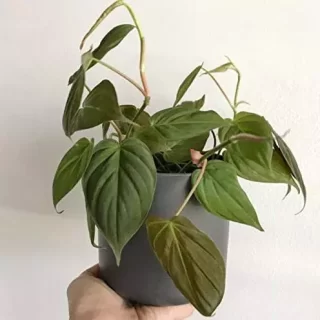
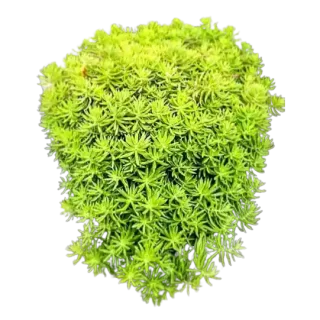
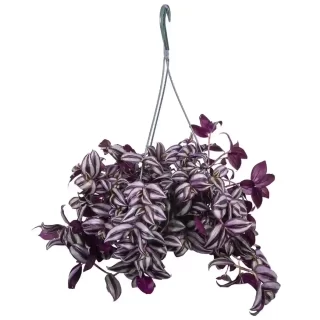
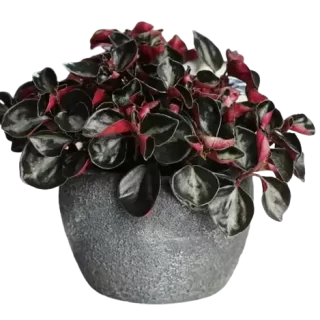
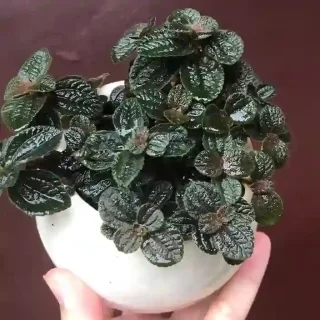
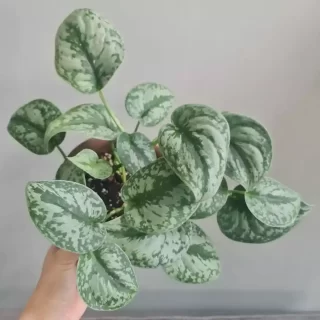

 If you need any assistance, I'm always here. Have you found what you were looking for?
If you need any assistance, I'm always here. Have you found what you were looking for?
Reviews
There are no reviews yet.